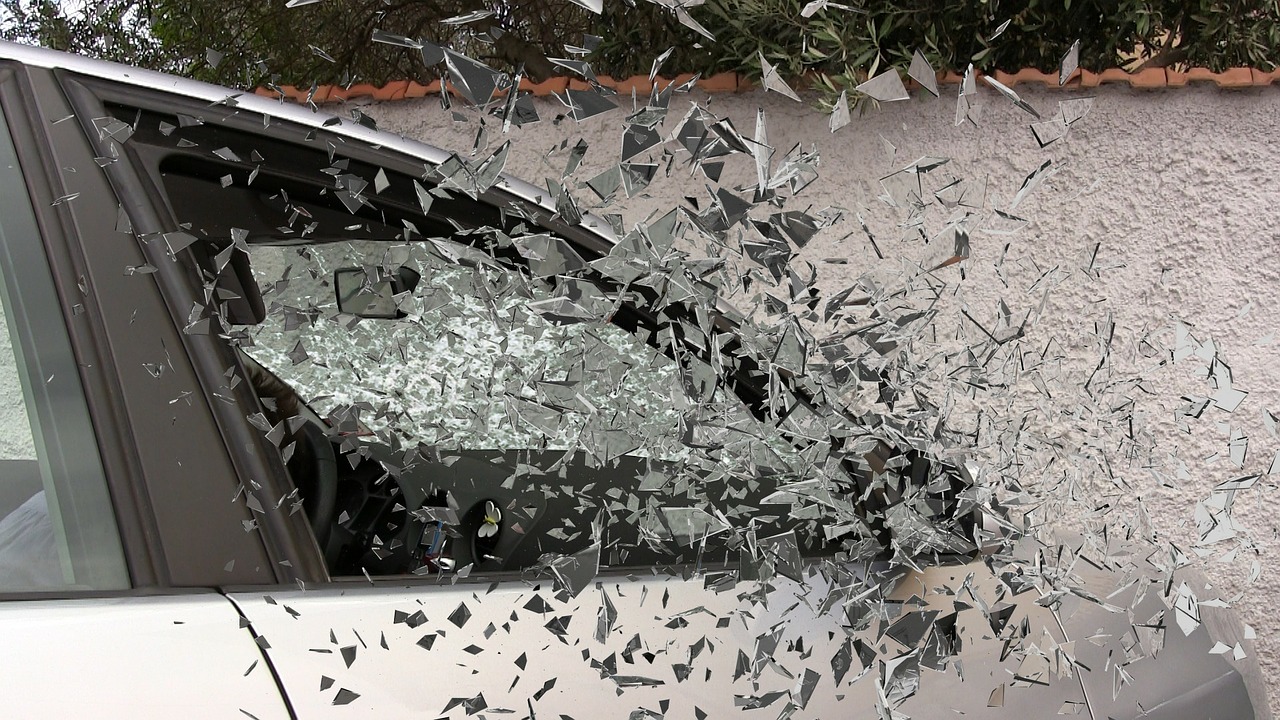WHAT IS THE PUBLIC DUTY DOCTRINE?-
A recently issued opinion from the Washington Court of Appeals, Division One, Perillo v. Island County et al, No. 80055-8-I, has an excellent discussion of the public duty doctrine.
In short, this doctrine provides immunity to a governmental entity from a claim of negligence unless the claimant can demonstrate that the claimant individual or as a small class of persons were owed a duty specifically by the governmental entity as opposed to being adversely affected simply because the individual is part of the general population.
The Perillos purchased a home that they later learned had previously been used to manufacture methamphetamine. The house was therefore contaminated and dangerous to live in. The Perillos sued the seller as well as the County where the home was located because the County had failed to follow Washington law that dictated the County keep records of any such residences so that anyone who subsequently rented or purchased the property would be on notice of the potential adverse health problems associated with it and the need to decontaminate the residence. Island County did not follow the law and so the Perillo’s did not know about the home’s past use when they purchased it.
The Court deemed that Island County could not assert the public duty doctrine because the intent of the reporting law was clear and specifically mentioned protecting future purchasers from the type of harm that the Perillo’s suffered. This test is important in that there are fairly severe limitations on suing a governmental entity when they are negligent, and the exceptions are limited.
From the Court of Appeals opinion:
Island County contends that any duty of care it owes under RCW 64.44.020 is solely to the public at large, “not individual occupants of property.” Accordingly, it asserts that the public duty doctrine bars the Perillos’ claim. The Perillos argue that the legislative intent exception to the public duty doctrine applies to their claim because they are among the class of people chapter 64.44 RCW protects. We agree with the Perillos. No matter if the defendant is a private individual or government entity, the existence of a duty to the plaintiff is the threshold issue in a negligence claim. Babcock v. Mason County Fire Dist. No. 6, 144 Wn.2d 774, 784-85, 30 P.3d 1261 (2001). But “[t]o establish a duty in tort against a governmental entity, a plaintiff must show that the duty breached was owed to an individual and was not merely a general obligation owed to the public.” Beltran-Serrano v. City of Tacoma, 193 Wn.2d 537, 549, 442 P.3d 608 (2019). The public duty doctrine provides “a tool to analyze whether a mandated government duty was owed to the public in general or to a particular class of individuals.” Munich v. Skagit Emergency Commc’n Ctr. d/b/a Skagit 911, 175 Wn.2d 871, 888, 288 P.3d 328 (2012) (Chambers, J., concurring). Four named exceptions to the public duty doctrine provide for liability of a government entity even in the face of performing otherwise public duties. Ehrhart No. 80055-8-I/14 14 v. King County, 195 Wn.2d 388, 400, 460 P.3d 612 (2020). The exceptions are (1) legislative intent, (2) failure to enforce, (3) the rescue doctrine, and (4) special relationship. Ehrhart, 195 Wn.2d at 400. “A determination that an exception to the public duty doctrine applies is tantamount to a conclusion that [a government entity] owed a duty to the plaintiff.” Yonker v. Dep’t of Soc. & Health Servs., 85 Wn. App. 71, 77, 930 P.2d 958 (1997). “The legislative intent exception [to the public duty doctrine] recognizes that the legislature may impose legal duties on persons or other entities by proscribing or mandating certain conduct.” Washburn v. City of Fed. Way, 178 Wn.2d 732, 754-55, 310 P.3d 1275 (2013). The exception applies when the terms of a statute show “a clear legislative intent to identify and protect a particular class of persons.” Weaver v. Spokane County, 168 Wn. App. 127, 139, 275 P.3d 1184 (2012). A member of a statutorily identified class may bring a tort action against a governmental entity for violating the statute. Honcoop v. State, 111 Wn.2d 182, 188, 759 P.2d 1188 (1988). The intended class must be “particular and circumscribed.” Ravenscroft v. Wash. Water Power Co., 136 Wn.2d 911, 929, 969 P.2d 75 (1998). And the provision must clearly express legislative intent. Ravenscroft, 136 Wn.2d at 930. We typically look to the legislature’s statement of purpose to determine the statute’s intent. Washburn, 178 Wn.2d at 754-55. RCW 64.44.005 articulates the legislative intent behind the statutes pertaining to contaminated properties: The legislature finds that some properties are being contaminated by hazardous chemicals used in unsafe or illegal ways in the No. 80055-8-I/15 15 manufacture of illegal drugs or by hazardous drugs contaminating transient accommodations regulated by [DOH]. Innocent members of the public may be harmed by the residue left by these chemicals when the properties are subsequently rented or sold without having been decontaminated. RCW 64.44.005 clearly identifies “members of the public” who “subsequently” rent or purchase contaminated properties as the “particular and circumscribed” class of people protected by the statute. See Ravenscroft, 136 Wn.2d at 929. To facilitate the legislature’s intent, RCW 64.44.020 mandates posted warnings to notify potential occupants of the safety hazard. Additionally, the statute specifically identifies “landlord and realtor organizations” among the groups to whom DOH can provide a list of contaminated properties. RCW 64.44.020. This serves the legislative purpose of chapter 64.44 RCW to notify and protect potential occupants of contaminated properties. See RCW 64.44.005. Finally, legislative history also articulates an intent to prevent harm to the particular class of people at issue in this appeal: The legislature finds that the contamination of properties used for illegal drug manufacturing poses a threat to public health. The toxic chemicals left behind by the illegal drug manufacturing must be cleaned up to prevent harm to subsequent occupants of the properties. It is the intent of the legislature that properties are decontaminated in a manner that is efficient, prompt, and that makes them safe to reoccupy. LAWS OF 1999, ch. 292, § 1. The Perillos are innocent purchasers of a contaminated property and clearly within the class of people that chapter 64.44 RCW protects. The public No. 80055-8-I/16 16 duty doctrine does not bar their negligence claim.



0 Comments